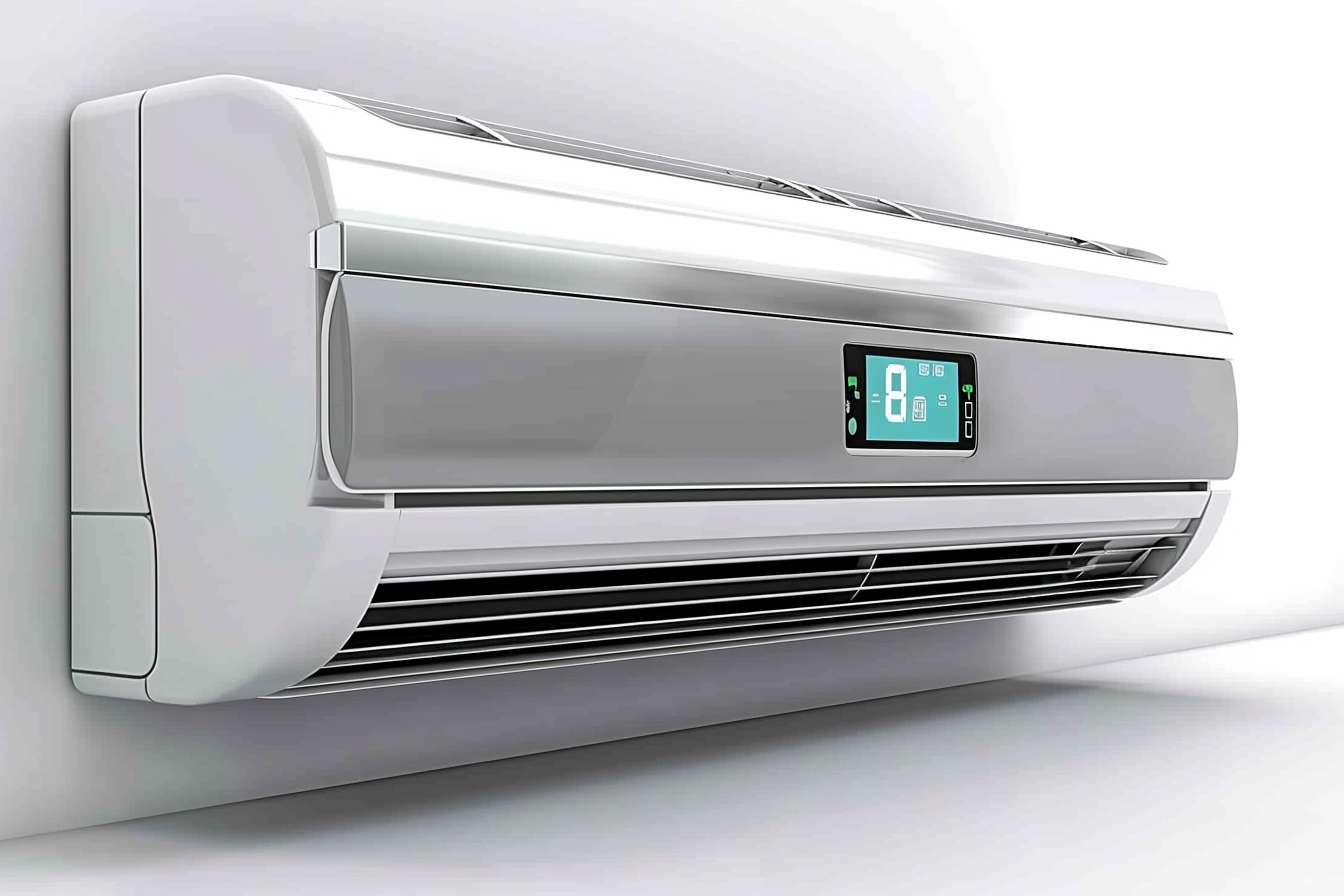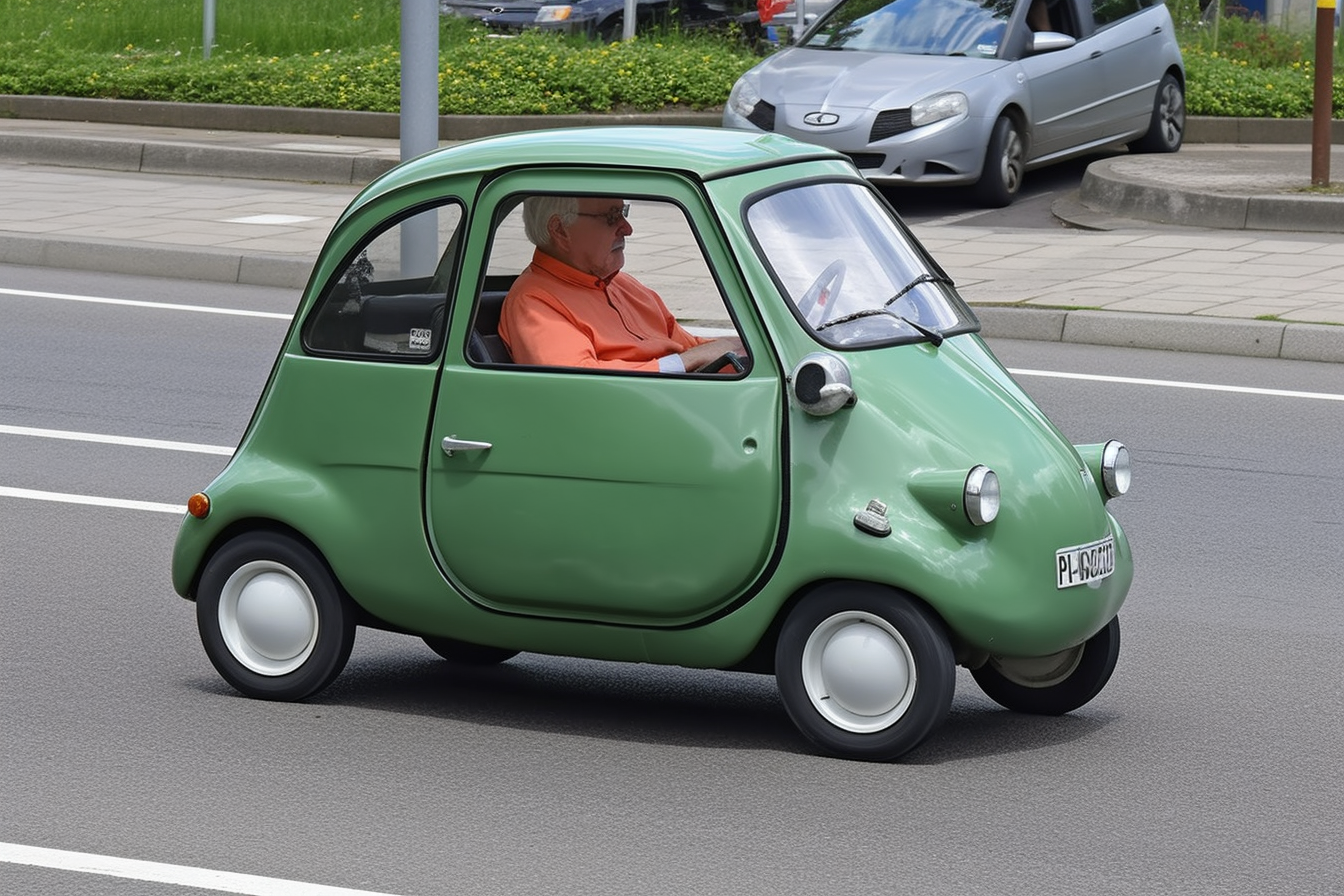Hybrid Heat Pump Systems: The Future of Efficient and Sustainable HVAC Solutions
As climate-conscious technologies evolve, hybrid heat pump systems have emerged as a popular choice for both residential and commercial settings. These systems not only promise increased efficiency but are also aligned with sustainable practices. Two industry leaders, Mitsubishi Electric and Daikin, have been at the forefront in creating state-of-the-art heat pump systems. In this article, we'll delve deeper into the intricacies of hybrid heat pump systems, and compare some of the best Mitsubishi and Daikin heat pumps on the market.

What Are Hybrid Heat Pump Systems and How Do They Work?
Hybrid heat pump systems integrate a traditional furnace with an electric heat pump, creating a dual-fuel heating and cooling solution. The system automatically switches between electricity and fossil fuel depending on outdoor temperatures and energy costs, optimizing efficiency year-round. During moderate temperatures, the heat pump handles both heating and cooling, while the furnace takes over during extreme cold.
Why Choose Mitsubishi Heat Pumps for Your Home?
Mitsubishi Electric has established itself as a premier manufacturer of heat pump systems. Their units are known for exceptional energy efficiency, quiet operation, and advanced features like i-see Sensor technology, which detects room occupancy and temperature variations. Mitsubishi’s Hyper-Heating INVERTER technology allows their heat pumps to maintain efficiency even in sub-zero temperatures.
What Makes Daikin Heat Pumps Stand Out?
Daikin heat pumps feature innovative technologies like their Variable Refrigerant Volume (VRV) system and intelligent eye sensors. Their products are recognized for reliability, durability, and superior air filtration capabilities. Daikin’s heat pumps also offer impressive SEER ratings, contributing to significant energy savings.
Comparing Daikin and Mitsubishi Heat Pump Performance
Both manufacturers offer exceptional products with distinct advantages. Mitsubishi excels in cold-weather performance and zone control, while Daikin leads in whole-home solutions and air quality features.
Essential Features of Modern Heat Pump Systems
Today’s heat pump systems incorporate smart technology, allowing remote operation via smartphone apps. Multi-zone capability enables individual room temperature control, while advanced filtration systems remove allergens and pollutants from indoor air.
| Brand | Model | Key Features | Estimated Cost Range |
|---|---|---|---|
| Mitsubishi | MSZ-FS09NA | Hyper-Heating, i-see Sensor | $3,000-$4,500 |
| Mitsubishi | MXZ-8C48NA | Multi-zone capability, H2i technology | $5,500-$7,000 |
| Daikin | DZ17VSA | Variable-speed compressor, Energy Star certified | $3,200-$4,800 |
| Daikin | Fit Heat Pump | Compact design, high efficiency | $4,000-$5,500 |
Prices, rates, or cost estimates mentioned in this article are based on the latest available information but may change over time. Independent research is advised before making financial decisions.
Future Trends in Hybrid Heat Pump Technology
The future of hybrid heat pump systems looks promising with ongoing developments in smart integration, improved efficiency ratings, and enhanced compatibility with renewable energy sources. Manufacturers continue to focus on developing systems that operate effectively in extreme climates while maintaining optimal energy efficiency.
Hybrid heat pump systems represent a significant advancement in HVAC technology, offering an environmentally conscious solution without compromising on comfort or reliability. Whether choosing Mitsubishi’s cold-weather expertise or Daikin’s whole-home solutions, modern heat pump systems provide efficient, sustainable heating and cooling for today’s homes.




